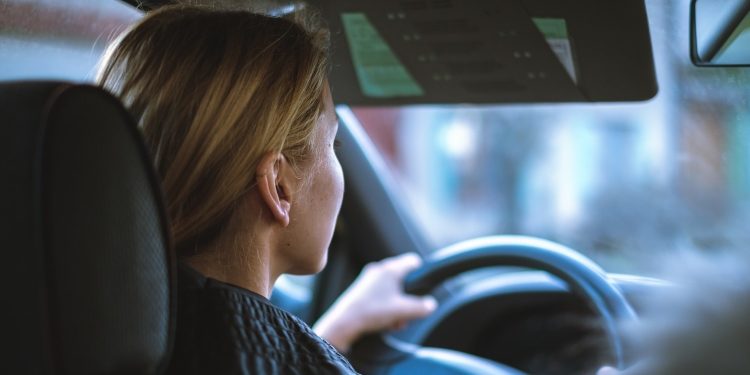At around £30 per hour, the cost of driving lessons can quickly rack up. But if you’ve agreed to supervise a learner driver in order to keep costs down, it’s important to know what you can or can’t do. With advice on the rules around teaching a friend or family member how to drive, is comparison site mustard.co.uk.
For more handy tips, car-related guidance, and of course, great value car insurance, why not head to Mustard car insurance.
When can you learn to drive in the UK?
Anyone who wants to learn to drive must apply for a provisional driving licence first. Learners can do this when they’re 15 years and 9 months old but won’t be able to get behind the wheel of a car until their 17th birthday.
If you receive (or have applied for) the enhanced rate of the personal independent payment (PIP) for mobility, you can learn to drive at 16.
Can anyone teach someone to drive?
Anyone taking payment for driving lessons must be either a qualified and approved driving instructor (ADI) or training to be one.
They will also need to prove they are registered with the Driver and Vehicle Standards Agency (DVSA). If they are, ADIs will display a green badge on their car windscreen, trainee ADIs will have a pink badge.
If a family member or family friend is learning to drive, you can supervise them while they practise but you can’t be paid for this.
What are the rules about supervising a learner driver?
If you decide to supervise a learner driver, you must:
- Be over 21 years old.
- Be qualified to drive the car they are learning in (for example, you must be entitled to drive a manual car if this is what they are learning to drive in).
- Have held a full driving licence for at least three years, your licence can be from the UK, the EU, Switzerland, Norway, Iceland or Liechtenstein.
As the person supervising the learner, you’ll be expected to meet the minimum eyesight requirement for driving. You’ll also need to follow the same rules as the driver, so you can’t be over the legal alcohol limit and you must not use a mobile phone while you’re supervising.
Anyone caught driving without appropriate supervision can be fined up to £1000 and have six penalty points added to their provisional licence.
Do learner drivers need car insurance?
Yes, definitely. All drivers must have car insurance that accurately reflects their needs. That means learner drivers must have learner driver insurance (also called provisional driver insurance).
If you’re supervising a learner in their own car, they should have their own provisional driver insurance. It’s also a good idea to check that you (as the supervisor) are also covered, just in case.
If the learner is practising in your car, you’ll need to let your insurer know and they’ll be able to arrange insurance accordingly. Alternatively, the learner driver can take out their own standalone provisional driver insurance for your car.
If you don’t have the correct insurance, you could face an unlimited fine and even be banned from driving.
Who’s responsible if there’s an accident?
Learner drivers have the same duty of care as any other road user. Essentially, this means learners can still be held accountable for incidents they cause.
However, if you’re supervising a learner, you’ll be expected to behave in a responsible manner too – for instance, not using your mobile. If not, then you could also end up getting into trouble.
Compare learner driver insurance
Whether you’re learning to drive or supervising someone else, the last thing you want to worry about is if you’ve got the right car insurance. If you’re supervising a learner and already have cover in place, speak with your insurer to see what your best options are.
If you’re learning to drive or want to find out more about how learner driver insurance works, head to mustard.co.uk where you’ll find a whole host of guides and great advice. You can also compare provisional driver insurance from a range of trusted providers so you can be confident about getting what you need at the right price. You can fill out a quote form now or call 0330 022 8825 to speak to an expert.
David Prior
David Prior is the editor of Today News, responsible for the overall editorial strategy. He is an NCTJ-qualified journalist with over 20 years’ experience, and is also editor of the award-winning hyperlocal news title Altrincham Today. His LinkedIn profile is here.




![7 Best POS Software in the UK [2026 Edition]](https://todaynews.co.uk/wp-content/uploads/2026/02/7-Best-POS-Software-in-the-UK-2026-Edition-360x180.png)





































































